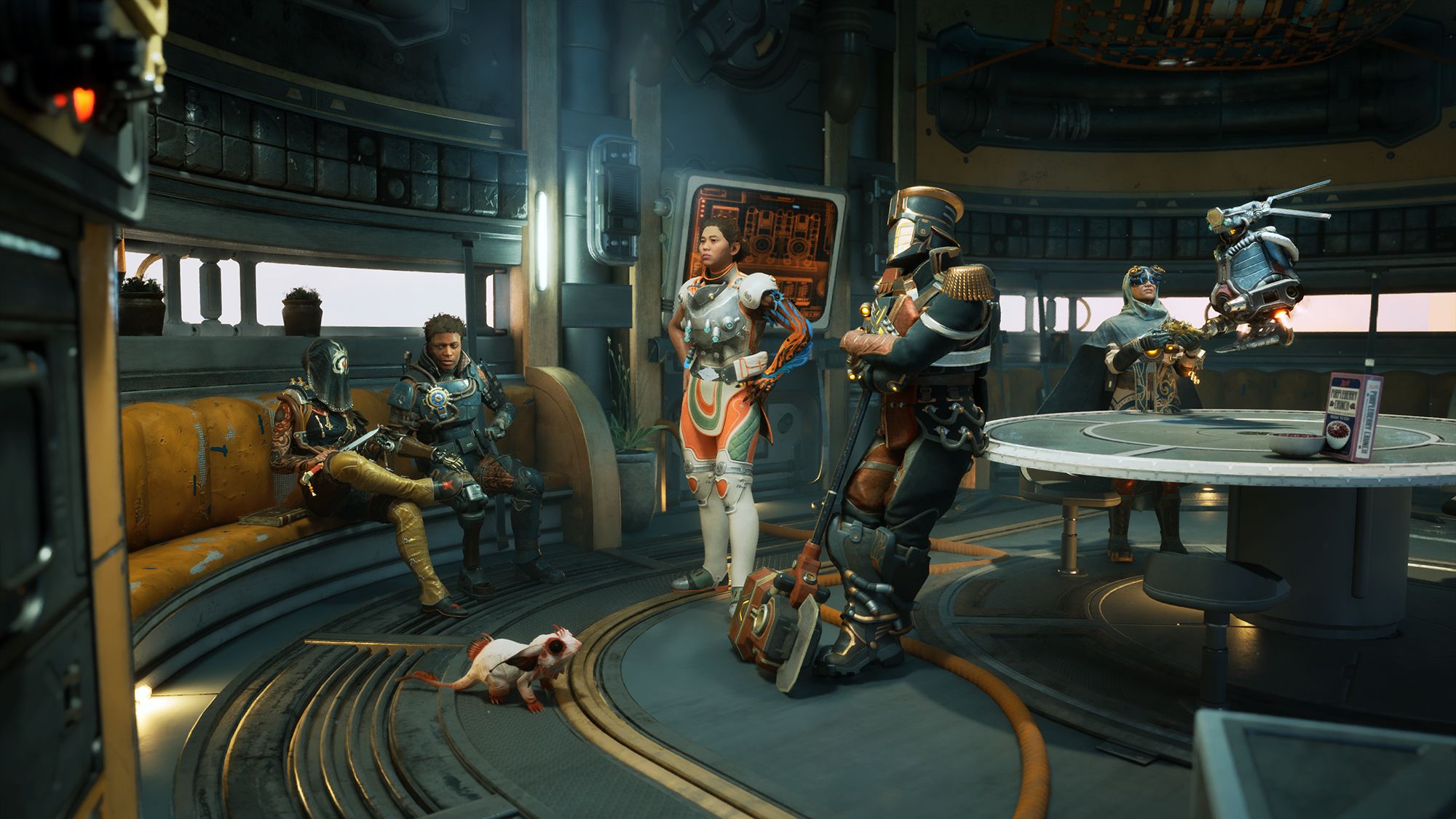Obsidian RPGs such as Avowed have a certain… something that makes them different. Even when the formula is applied to an established franchise like Fallout (with the fan-favorite New Vegas), you just know who made the game from the way it feels and the way the characters interact.
The Outer Worlds, and now its sequel, The Outer Worlds 2, are as “Obsidian” as you can find. And while I loved the first one and the way it used the company’s tried and true formula for RPG goodness, the developer wasn’t too proud to learn a thing or two from other juggernauts of the genre like Baldur’s Gate 3 (sure, one is turn-based and one real-time, but who’s counting).
Companions done right
I’m about 25 hours into The Outer Worlds 2, and I intend to finish the game when time allows, but if there’s one thing I love about it, it’s the companion system in the game (though there’s a lot more than one thing I love about it).
At first, it feels like every other companion system in games like Mass Effect and others in the genre — do some quests for your companions to get them to like you. We’ve all done that more times than we can probably count.
But it changed when a certain series of events, along with an ignored request from a companion during a frantic moment, led that person to stop me and leave the party. My actions led to me no longer having access to this character. But the consequences of what they were asking were great, too.
And that’s all well and good — having consequences to your actions is the backbone of many RPGs. But what made this one truly unique was that I didn’t even realize I was making a choice. It was a frantic moment, and my companion simply yelled for me to do something as we were running. In my mind, I went “there’s no time for that” and kept running. I had no idea I was making a choice that would lead to the loss of one of my companions.
More often than not, these pivotal moments have a clear point where you must choose — save person A or person B. But this wasn’t like that; it was a heated moment that felt so real. I loved it (even if I didn’t love the result of losing a valuable ally), and I hope to see more games adopt this type of consequence.
Sure, you can go back to a previous save game and keep your companion, but where’s the fun in that?
It’s not just companions
From my time with the game, the consequences all feel heavy, leading to choices that require careful consideration. Sure, sometimes the choice is made for you if you don’t have a high enough skill to pass the check, but in a way, you’ve made that choice by putting your skills elsewhere.
Yes, there are some bugs and the progression is a little weird at the start, which had me unsure of the best approach to the main quest, but once you get going, the weight of the difficult choices mixed with the fun combat mechanics make this an RPG that’s worth of standing alongside industry greats like Fallout, Baldur’s Gate and Mass Effect.
More from Digitpatrox
Source link
